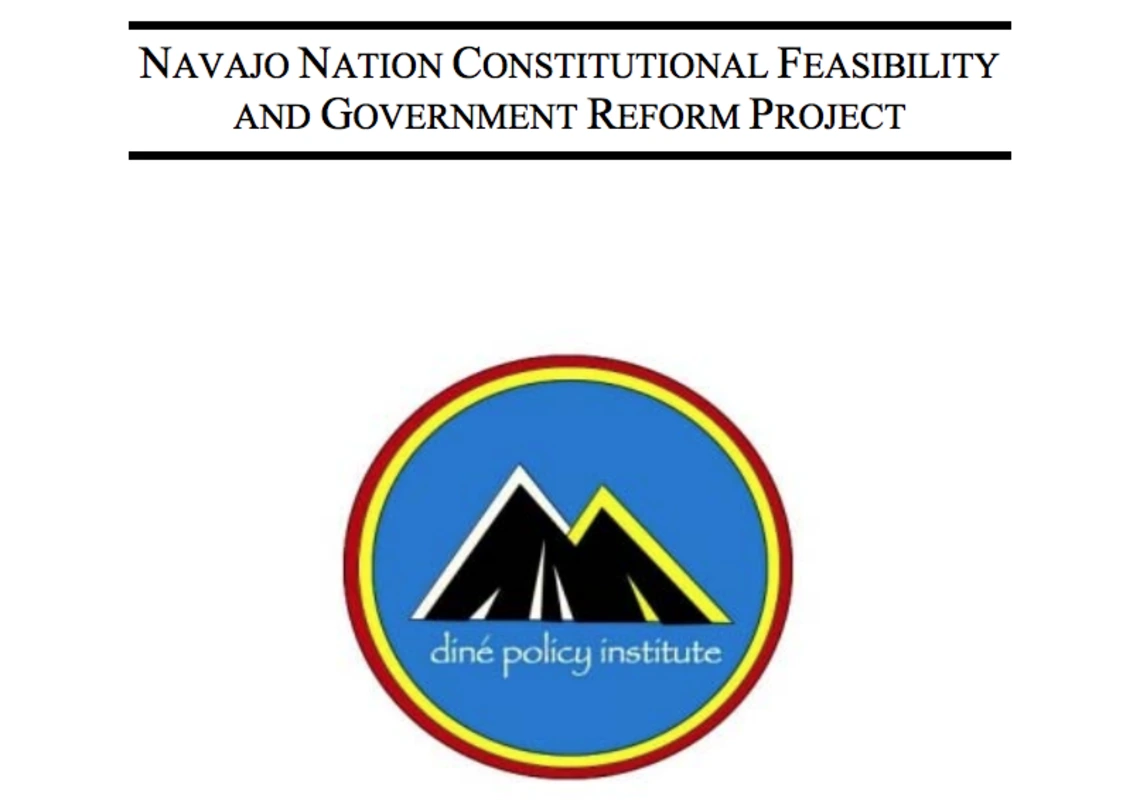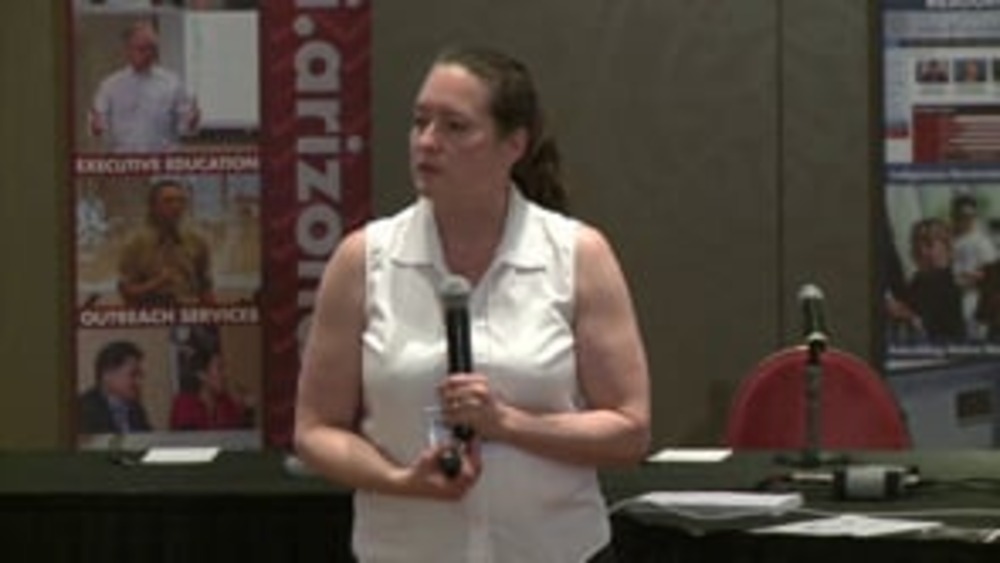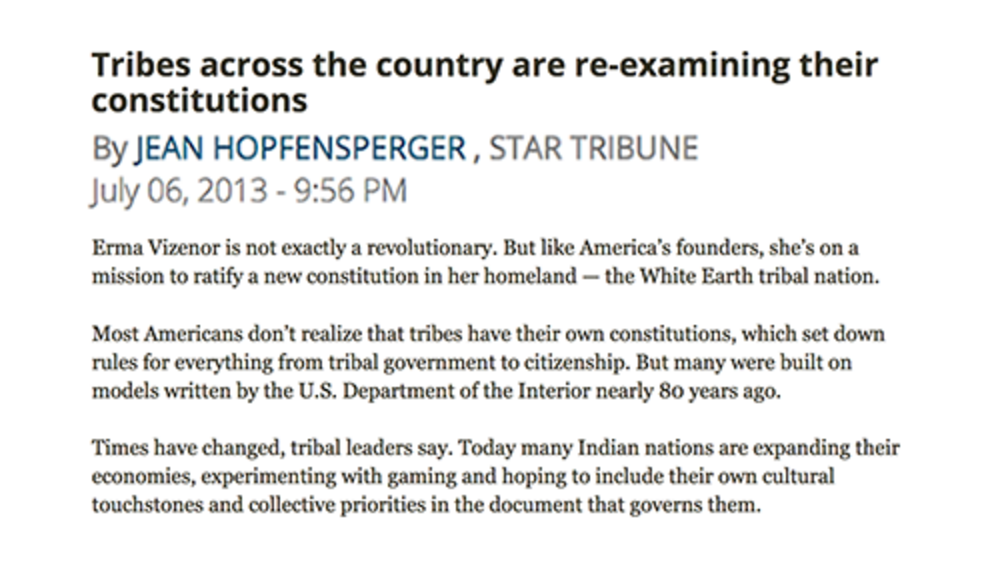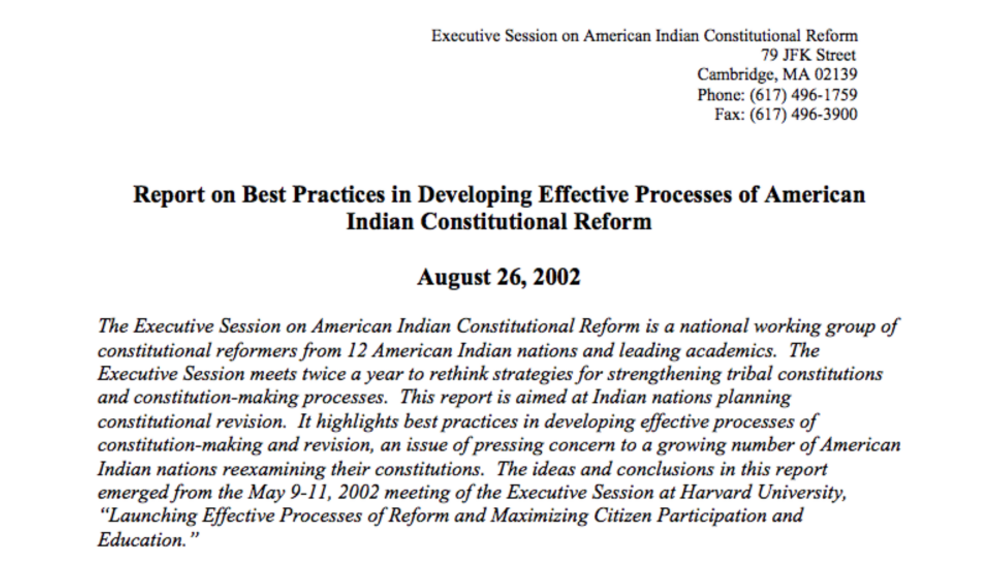This paper will review three important elements related to the constitutional feasibility and government reform of the Navajo Nation. The first section will outline the foundational principles related to constitutionalism and ask whether constitionalism and the nation-state are appropriate functions for the Navajo Nation to pursue, given its historical norms, values, principles, and given the passage of the Foundational Laws.
The second section will specifically look at historic notions of governance and power and how that relates to the doctrine of the separation of powers in the Navajo Nation. The section describes how the separation of powers currently enshrined in the Navajo Nation Code is different from the actual practice of the separation of political powers. It suggests that the compartmentalization of powers into agencies will actually hinder the interests of the people, and will be less culturally valid.
The third section is a treatise on the practice of judicial review in the Navajo Nation and suggests that it paramount to government reform. The de facto separation of powers within judicial review is highly respected.
The last section details recommendations for government reform.
Additional Information
Yazzie, Robert, Moroni Benally, Andrew Curley, Nikke Alex, James Singer, & Amber Crotty. "Navajo Nation Constitutional Feasibility and Government Reform Project." Diné Policy Institute. Diné College. Tsaile, Arizona. September 2, 2008. Paper. (https://www.dinecollege.edu/wp-content/uploads/2020/10/dpiStudyReport.pdf, accessed May 30, 2024)




